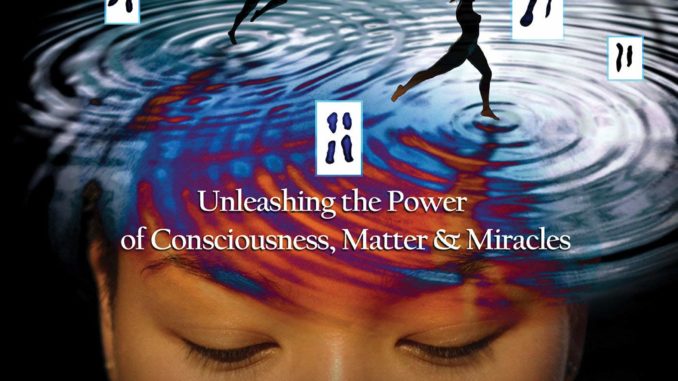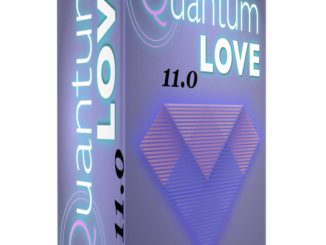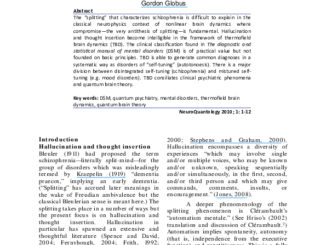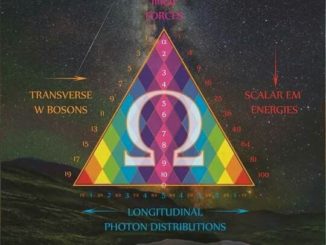
Books about how new findings of science support “New Age” beliefs have been common since at least since The Tao of Physics: An Exploration of the Parallels between Modern Physics and Eastern Mysticism by Fritjof Capra was first published many years ago. The most popular example is the movie “What the Bleep Do We Know?”
However, the emphasis has been on physics, especially quantum physics. This book examines cell biology instead, though he also tries to rope in quantum physics. The author is a cell biologist with impressive credentials.
His central thesis — on the scientific level — is that our cells (and therefore ourselves) are not controlled by our DNA or genes. Rather, they react to their environment.
He doesn’t spell this out, but I must assume there are genetic limits or boundaries. Our cells can’t suddenly decide to change our eye color from blue to brown. If we’re fully grown, I don’t believe they can grow our skeletons even if we decide we wish to be professional basketball players.
This is a direct challenge to most of biology, which reveres our DNA and genes as the control mechanisms over who and what we are.
However, in recent years there’s been a new branch of biology called epigenetics, which studies how our cells can choose to read or not read certain parts of our genes.
For example, the presence of certain genes are correlated with the possibility of developing certain cancers later in life. Newspaper stories make it sound as though women with the gene are “fated” to get breast cancer.
Lipton points out that depending on their environment, cells can choose to read or not read these genes, and therefore develop cancer — or not.
I find this quite reasonable. I believe I first encountered the term “epigenetics” when I read a book on resveratrol, the polyphenol found in grapes and grape products (such as red wine). The research into resveratrol suggests that it helps our cells to express the healthy parts of our genes while ignoring the unhealthy parts.
But here’s where the author’s case breaks down. He says the cell’s environment includes electrical energy (true enough), and implies this is controlled by our beliefs.
And he brings in quantum mechanics to explain how our brains communicate with our cells to determine their actions.
It’s not easy to follow, because he is a good writer and uses many scientific details, but this process is simply not explained in the same step by step detail he gives to cell biology. He makes many logical jumps.
I’m no expert, but I don’t believe quantum physics even applies to the molecular level on which our biology is based. I thought it applied only to subatomic particles. By the time atoms combine to form molecules, they are matter and behave according to the laws of biochemistry.
In one chapter he goes into great detail about the importance of parents programming their children positively, starting with their own health. He cites many statistics showing that children exposed in the womb to alcohol and tobacco suffer health problems later on.
He seems to shift from rejecting determinism by genes to adopting determinism by parental influence.
At the end, he really cops out by acknowledging that he doesn’t have a way to change our subconscious programming – which controls our beliefs.
Instead, he redirects us to check out a program for that created by someone else.
There’s a lot of interesting material here. I believe it raises lots of interesting and valuable questions, but it doesn’t make its case.
Proudly WWW.PONIREVO.COM



